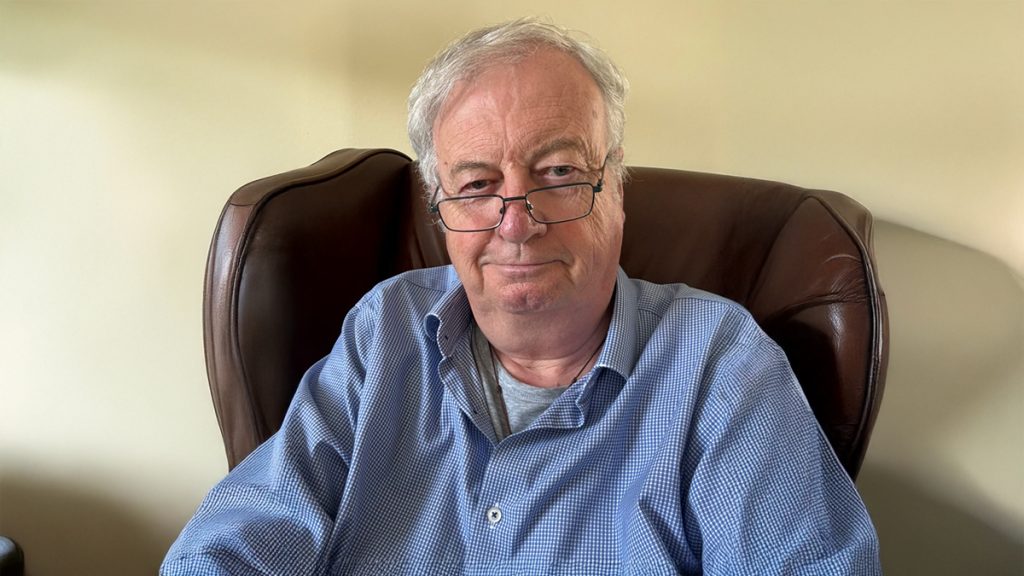What might mission look like in the North-East of England in 2025 and beyond?
It will not look like it did in the 1950s. Nor can it resemble the passive, deductive catechesis of the Penny Catechism era, where instruction replaced engagement and certainty displaced curiosity.
That model formed loyal “Church-people,” but when institutional credibility faltered, many simply walked away. They were rooted in custom, not in Christ.
Creating the future
The challenge today is not to replicate the past, but to imagine anew how we communicate the Gospel in a rapidly changing landscape.
And that begins with how we teach.
We must move from deduction to induction — from supplying answers to accompanying people as they explore their questions.
Mission today requires listening before speaking, encountering before instructing, connecting before catechising.
Learn to listen
Cardinal Jean-Claude Hollerich SJ offers a compelling vision for this shift. Speaking ahead of the Synod on Synodality, he reflected on his years as a missionary and educator in Japan.
Although thoroughly trained in theology and ministry, he found himself unprepared for the cultural context in which he was to proclaim the Gospel.
He had to find a new language — not just Japanese, but a fresh way of expressing and embodying faith. He had to re-learn how to listen, to understand what the Gospel could mean within a different worldview.
Then, after fifteen years in Japan, Hollerich returned to Luxembourg, expecting to resume ministry with ease. But the Luxembourg of his childhood had changed. The Catholic village culture of the 1960s had disappeared. Once again, he had to learn how to speak the Gospel into a new cultural moment.
“I could not have been a teacher,” he said, “without first listening to my students.”
The Gospel must be renewed
His point is critical.
Mission today begins not with preaching but with listening.
The Gospel is eternal, but its language must be renewed for every generation and culture.
Facing today’s challenges with courage
And now, the context we dare not ignore.
Congregations are ageing, volunteers have vanished, and clergy numbers are falling. Even with support from overseas priests, mission must engage the lives of people who are busy and stretched.
Mission is not a return to the past but a call to creativity, courage, and hope, and with clarity about what we believe and compassion for those we have the privilege to live among and serve.
With our nets cast out the other side of the boat, this is the beginning of a new conversation. (John 21:6).

- Sean Hall is a theologian and priest serving in the Diocese of Hexham and Newcastle in North East England. He earned his first degree from the University of Durham, followed by a master’s and doctorate from the Catholic University of Leuven (K.U.Leuven).
- He has taught at Ushaw College Seminary and has held key diocesan roles, including Director of Religious Education and Director of Formation for the Permanent Diaconate. Today, he serves as pastor of two parishes in North Tyneside and leads the diocesan work in Adult Education.

